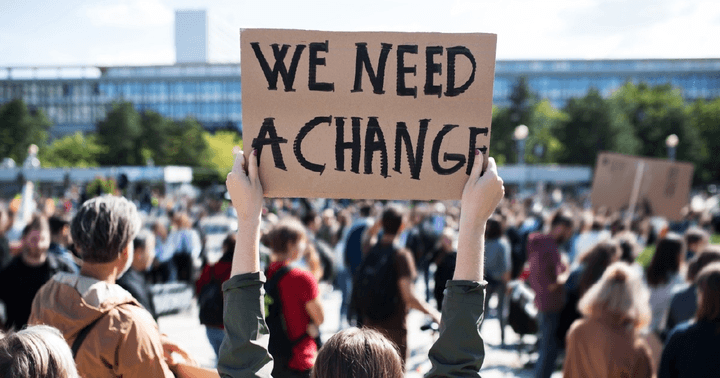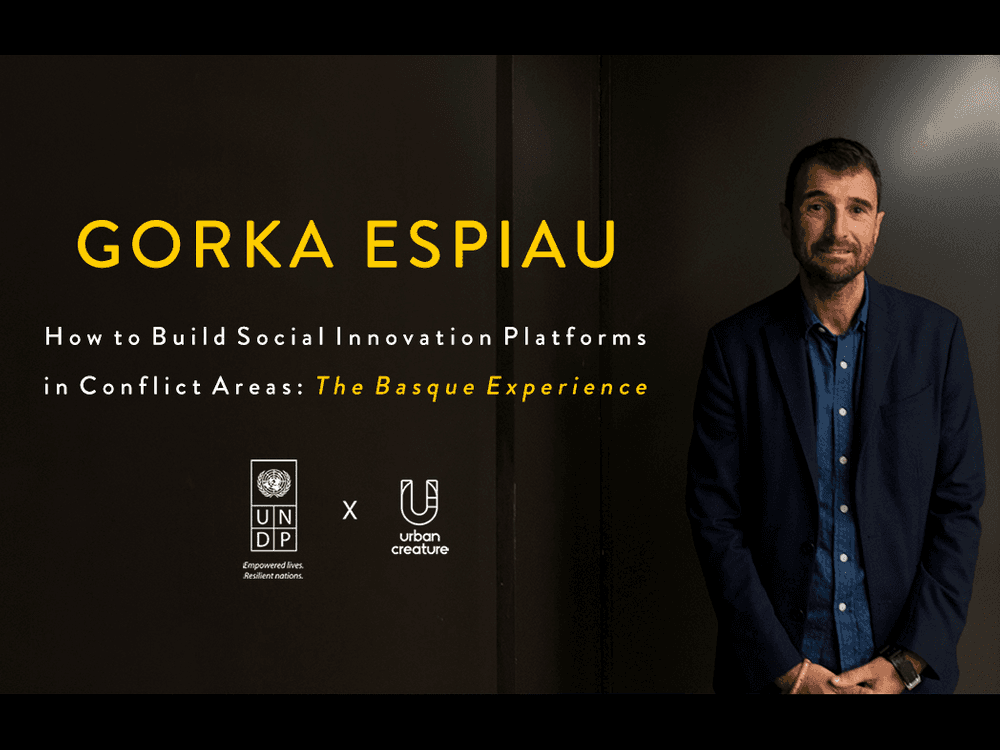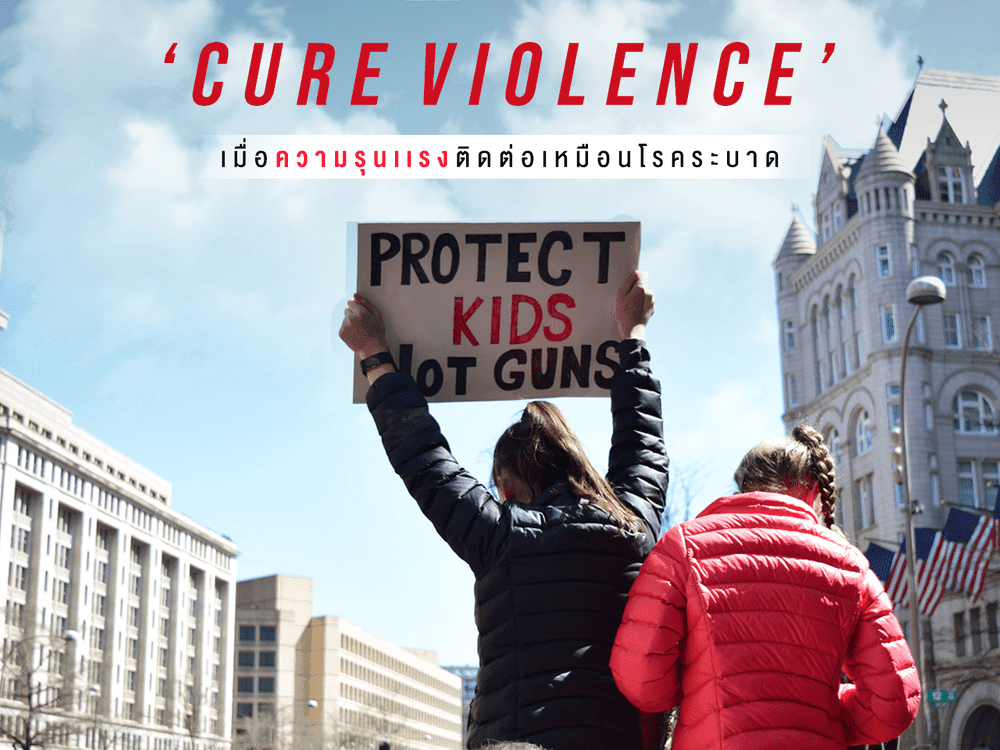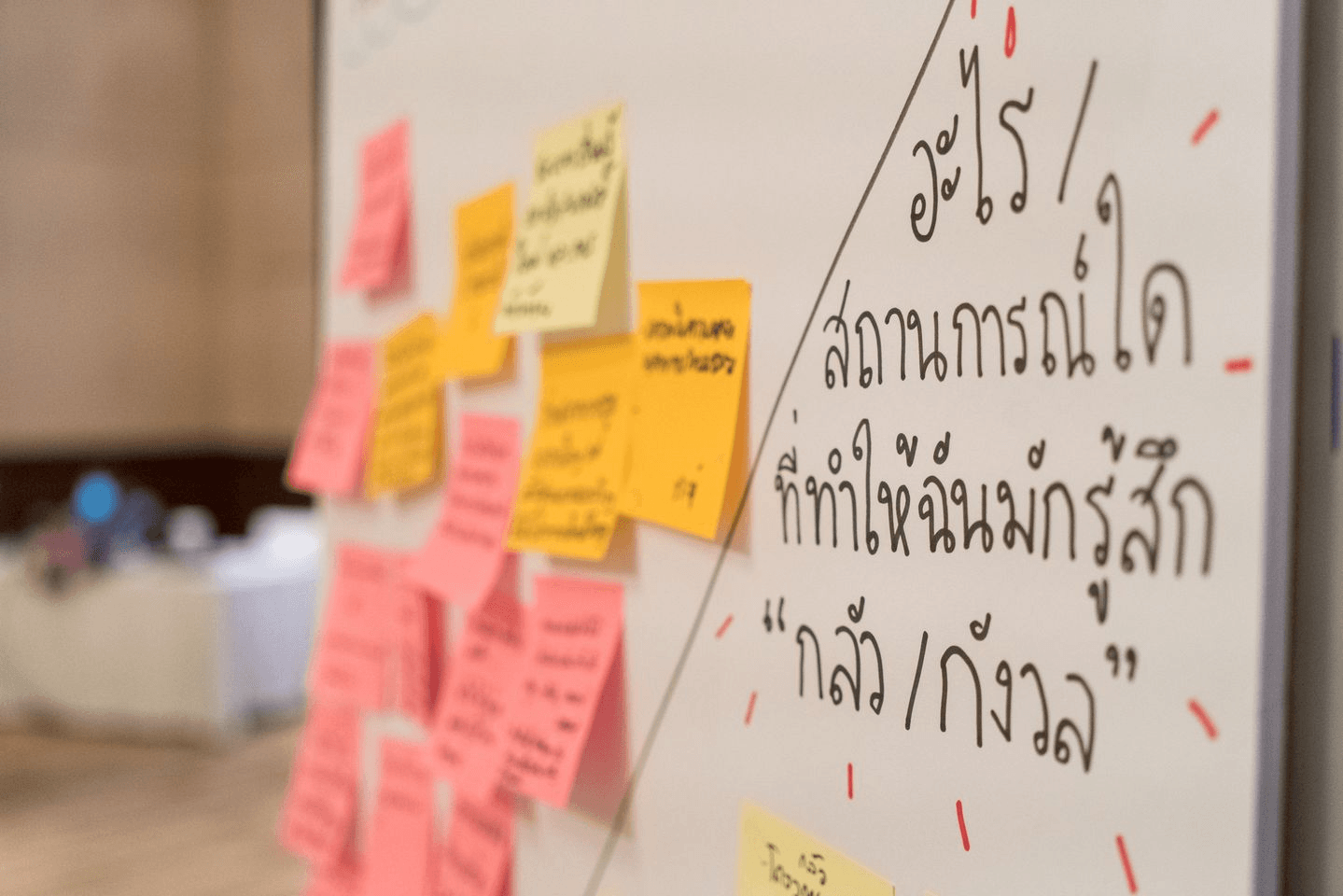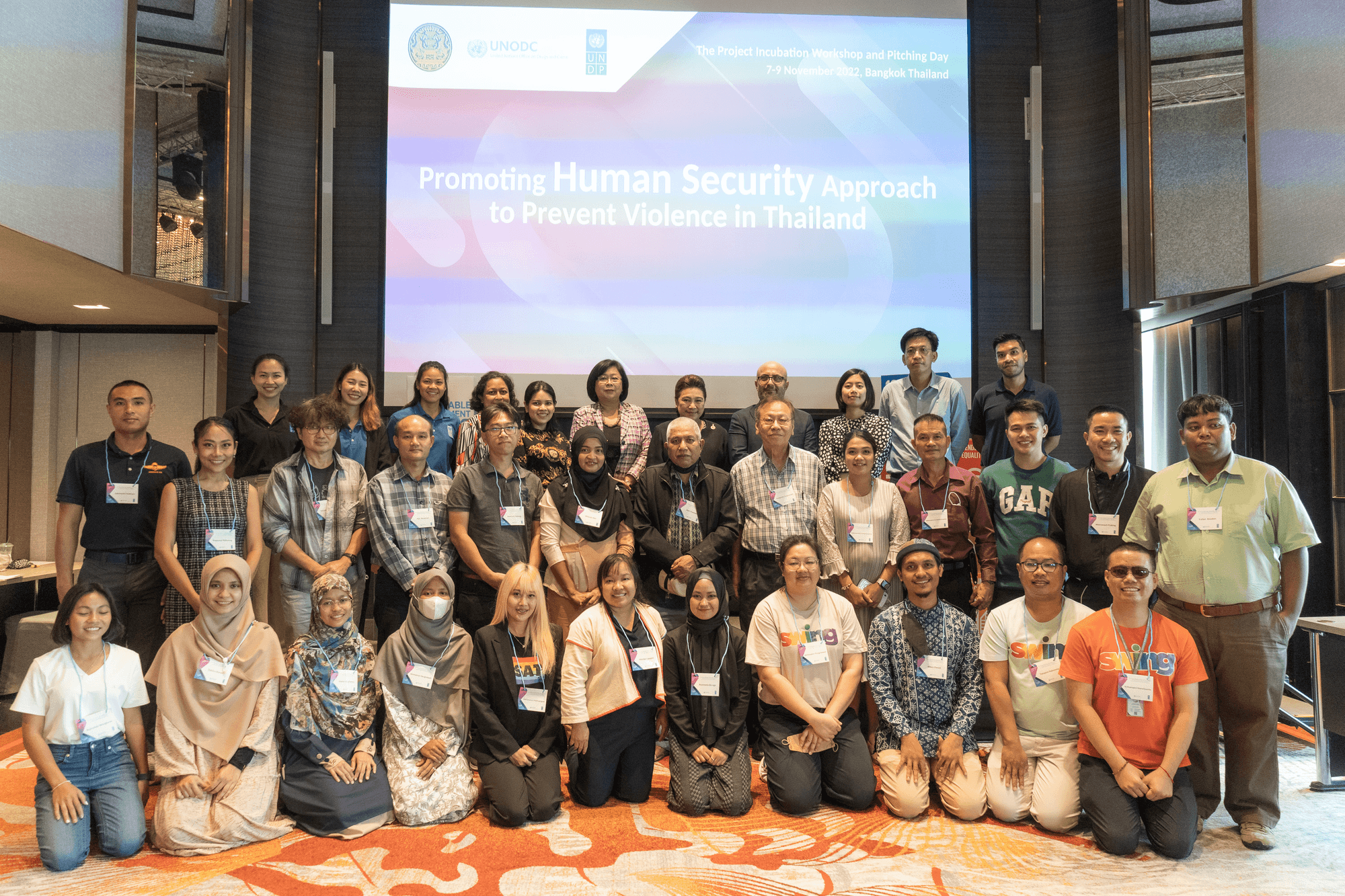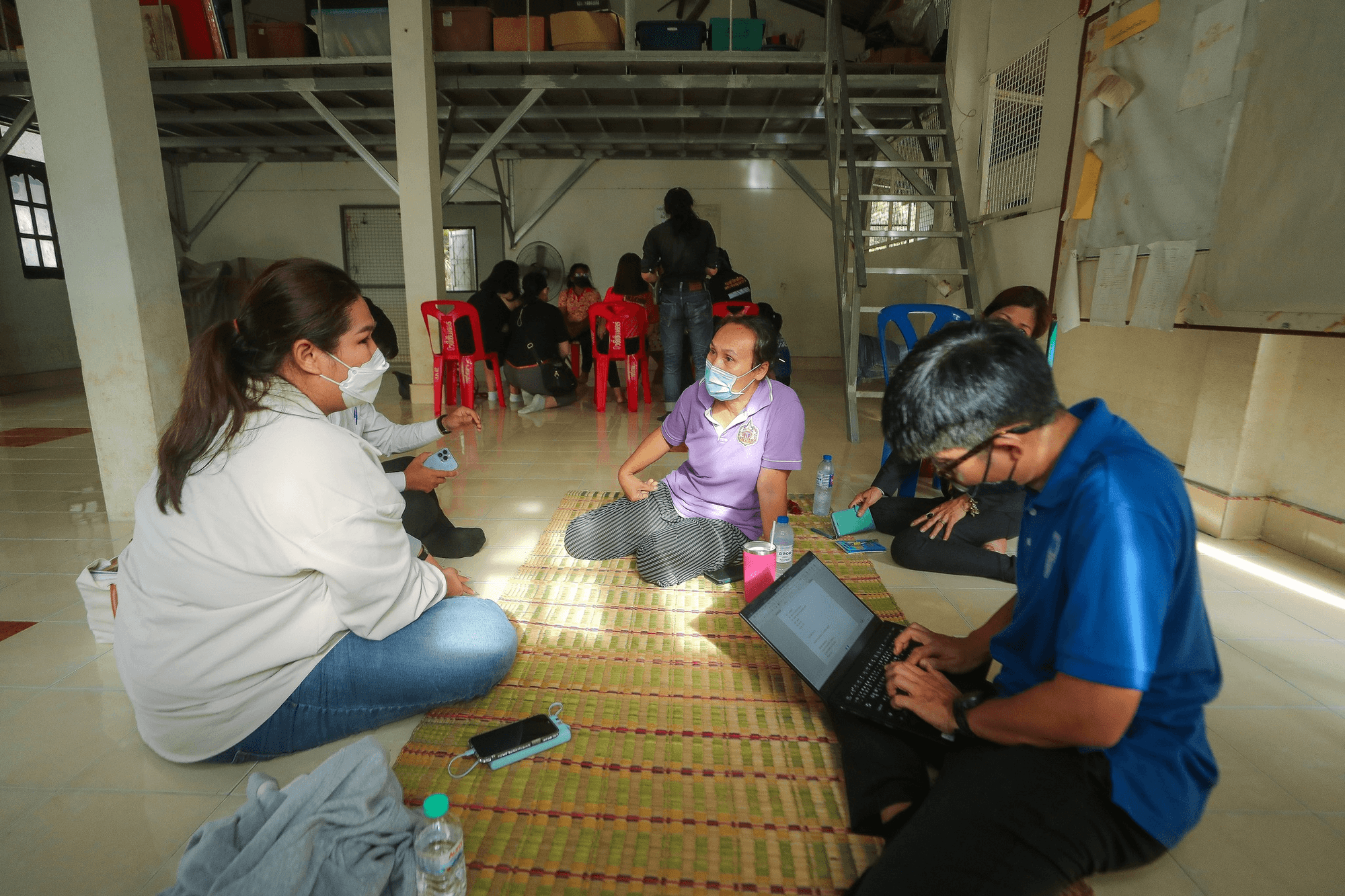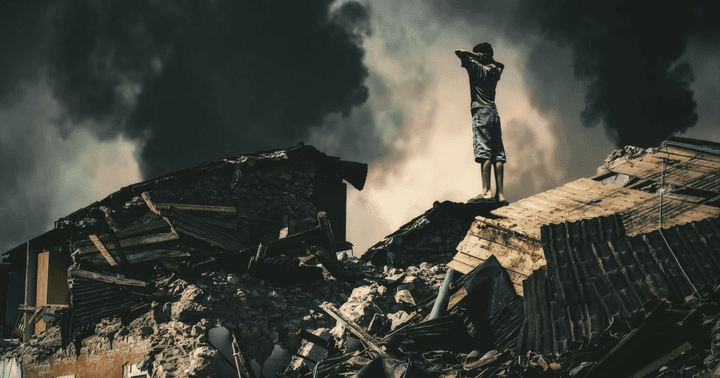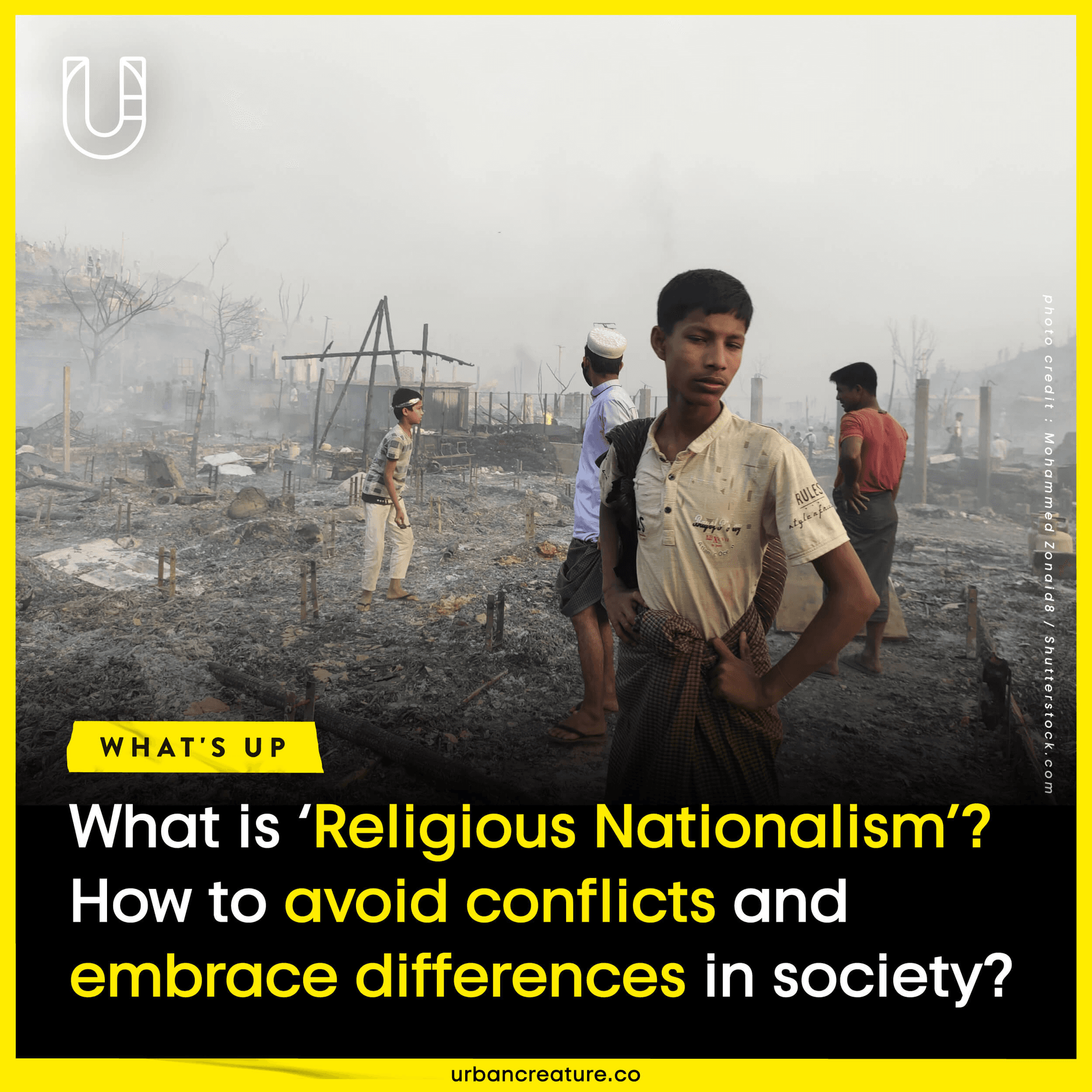Solution to Violence : Guidelines on Strengthening Coexistence Amidst Social Diversity
Many countries worldwide are currently facing complex and multi-dimensional political, social, and economic challenges ranging from poverty, inequality, and disparity, to discrimination against minorities based on nationality, race, religion, or language.
These challenges significantly contribute to dissatisfaction and can drive individuals or groups toward violent extremism at social, national, and global scales, resulting in conflicts, violence, and human rights violations.
To prevent the development of ideologies and extremism that may fuel division and violence, the United Nations recommends that member states consider developing ‘National Action Plans to Prevent Violent Extremism’, a plan that focuses on addressing the root causes of violent extremism.
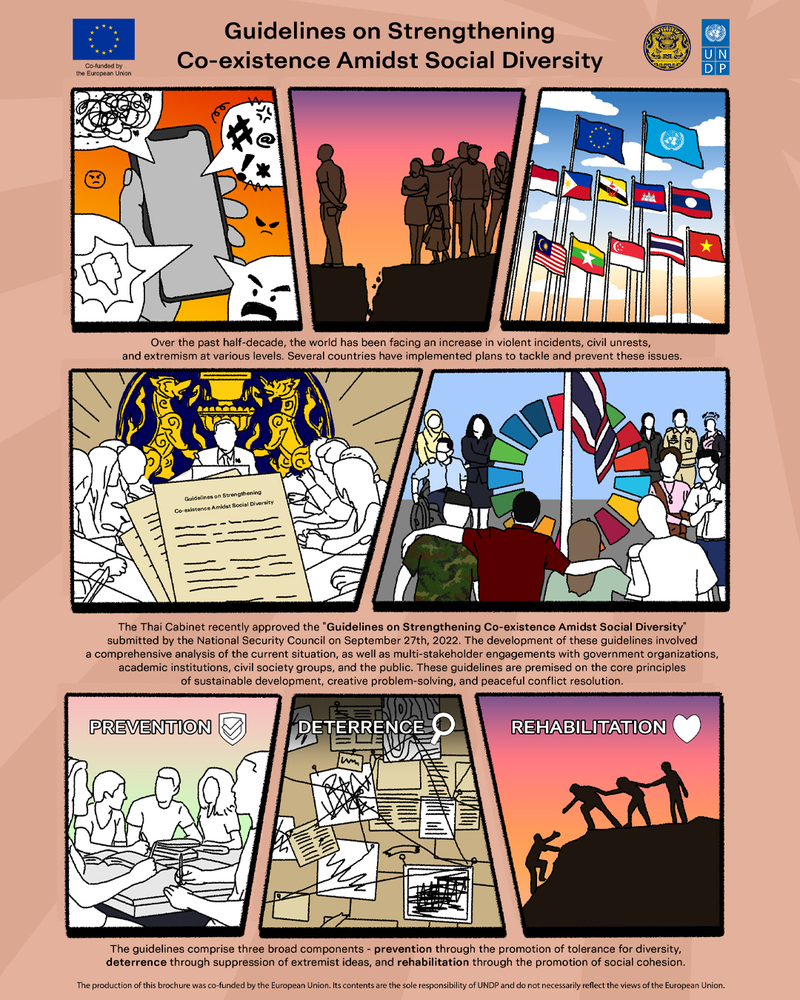
The main approach involves building tolerance, celebrating diversity, and resolving economic and social problems to enhance the status and safety of vulnerable groups. This approach is people-centric and requires collaboration among various sectors of society and among government agencies. Crucially, each country will tailor their own National Action Plan themselves to fit their unique contexts.
While Thailand has not yet experienced extreme violence, it faces numerous challenges, particularly in the spheres of economy and politics. Marginalized and vulnerable groups lack access to some rights and could potentially drive societal division along ideological lines and contribute to a trend of increasing violence.
Responding to these challenges, Thailand signed the ASEAN Plan of Action to Prevent and Counter the Rise of Radicalisation and Violent Extremism (2019 - 2025) on October 31, 2018, and the ASEAN Bali Workplan in November 2019 to support approaches that prevent violent extremism by promoting tolerance and diversity.
.
These plans call on all member states to consider key elements in their national context alongside a national action plan to prevent violent extremism. Accordingly, in 2022, Thailand developed an action plan called Guidelines on Strengthening Coexistence amidst Social Diversity, a collaborative effort involving the Office of the National Security Council, civil society, academics, and support from the United Nations agencies, including the United Nations Development Program (UNDP), the United Nations Office against Terrorism (UNOCT), and the United Nations Office on Drugs and Crime (UNODC) under the EU supported project “Preventing Violence Extremism Through Promoting Tolerance and Respect for Diversity” supported by the European Union.
On September 27, 2022, the Cabinet approved the Guidelines for government agencies and other important sectors of the society to incorporate it into their works.
‘Dr. Bhanubhatra Jittiang', a lecturer at the Department of International Relations, Faculty of Political Science, Chulalongkorn University, explains that simultaneous collaboration across sectors is essential for building a multicultural society and preventing violent extremism. The government, along with associated organizations such as UNDP and civil society, should engage directly with the community and work together to address the root causes of each challenge and problem.
Violent extremism does not only refer to violence caused by the use of force or weapons; it also includes structural violence in multiple dimensions, such as economic violence, cultural violence, social violence, and environmental violence.
Therefore, all stakeholders must come together to identify problems and formulate solutions. This approach will result in a strong community. Once society has achieved all seven dimensions of human security as defined by the United Nations, which include economic security, food security, health security, environmental security, personal security, community security, and political stability, people will feel secure in their everyday lives, violence will likely decrease, and we will eventually achieve a peaceful society that respects each other’s differences.
Sources :
Bangkok Post | bit.ly/41XP4WW
Hedayah | bit.ly/444LBYv
Ministry of Foreign Affairs of the Kingdom of Thailand | bit.ly/442NB3K, bit.ly/3N80za7
NSC | bit.ly/3Aq0YNB
Royal Thai Government | bit.ly/42et9LB
UNDP | bit.ly/3L8ggf1, bit.ly/3Hdu2vL

